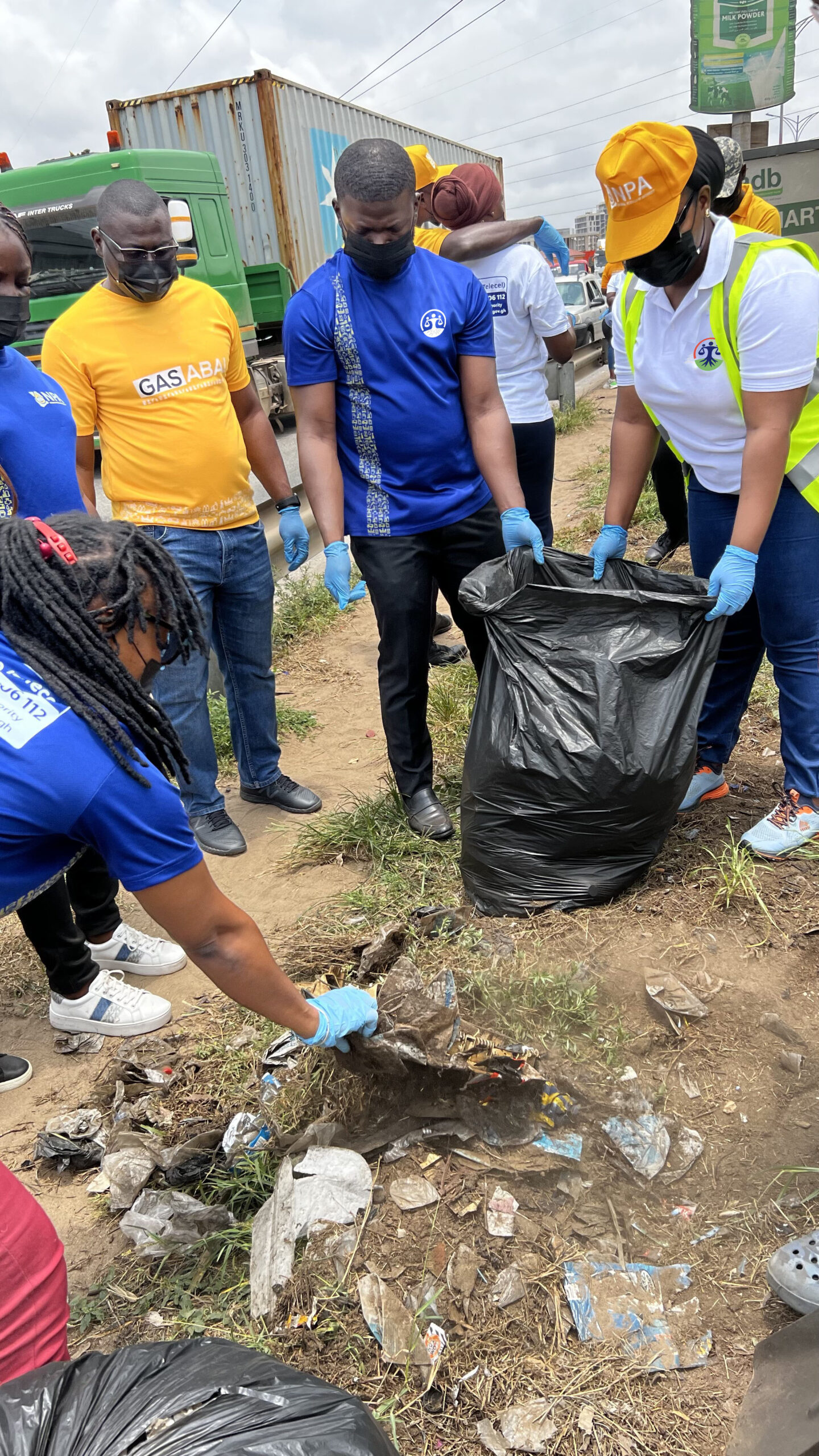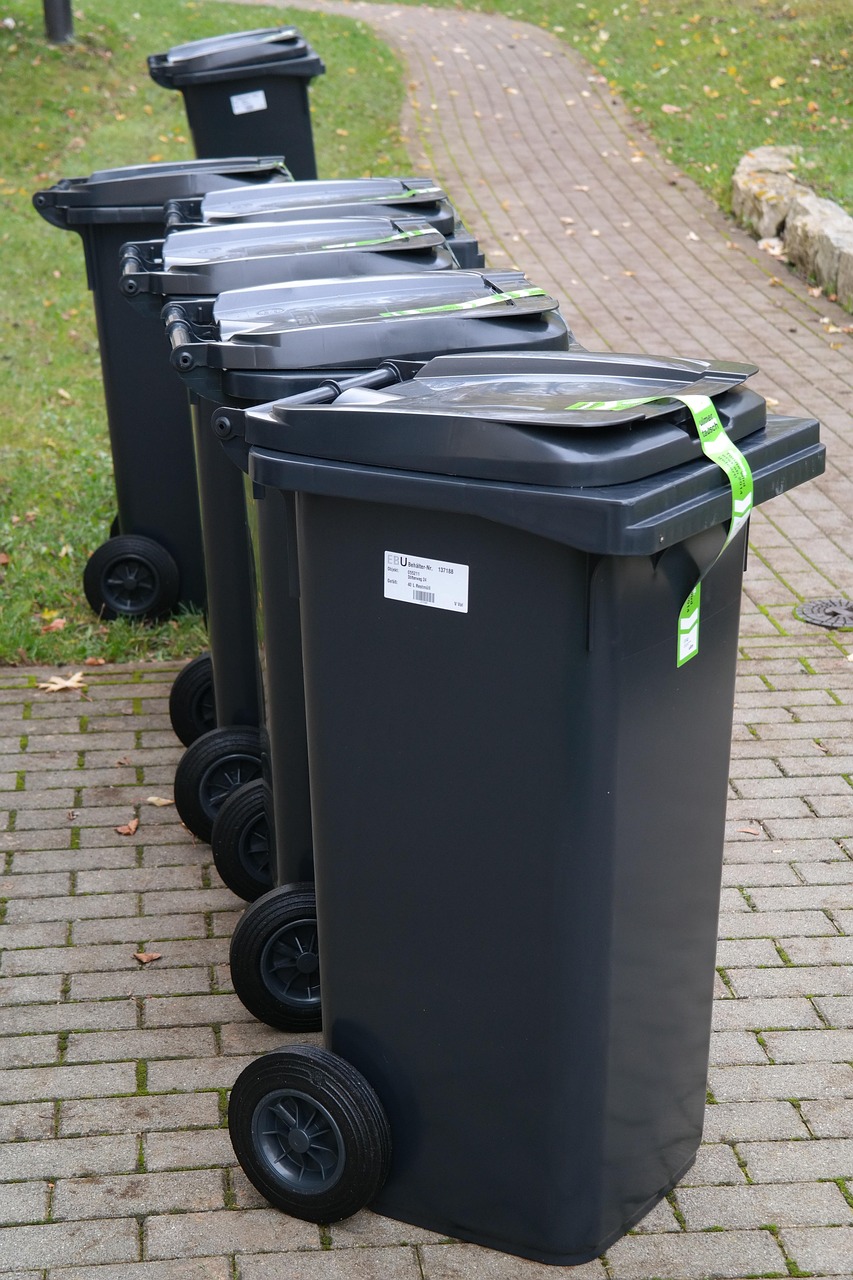Health Financing Crisis
Uganda’s Health Financing Crisis Examining the sustainability, equity, and efficiency of healthcare funding in Uganda. Introduction The health financing crisis […]
Uganda’s waste management situation paints a dire picture, with the country struggling to cope with the growing volumes of waste generated daily.
According to the National Environment Management Authority (NEMA), Uganda generates about 800,000 tonnes of solid waste annually, with only 8% being recycled. The rest finds its way into open dumpsites, drainage systems, and water bodies, posing severe environmental and health hazards.


The challenge is compounded by limited waste management infrastructure, inadequate funding, and weak enforcement of existing environmental laws. Municipalities and town councils are overwhelmed, often relying on outdated collection methods and insufficient manpower.
Urban areas such as Kampala, Jinja, and Mbarara experience the highest accumulation of waste, mainly plastics, organic matter, and e-waste. Informal waste pickers — who handle the majority of recyclable materials — operate without legal recognition or social protection, despite their significant contribution to waste reduction.
ARDHI emphasizes that effective waste management is not just an environmental concern but a human rights and governance issue. Poor waste disposal affects air quality, water sources, and public health — disproportionately impacting low-income communities living near dumpsites.
The Kiteezi landfill fire serves as a grim reminder of systemic neglect, where poor planning, lack of regulation, and weak institutional capacity converge to create preventable disasters.
ARDHI advocates for an approach that links law, policy, and community empowerment to create sustainable waste solutions that protect both people and the planet.

ARDHI proposes a multi-level strategy to transform waste management systems in Uganda:
Strengthen and enforce the National Waste Management Policy with clear accountability for local authorities.
Launch educational campaigns emphasizing waste segregation, reduction, and recycling at the household level.
Encourage innovation, recycling, and reuse through economic incentives and support for youth-led waste enterprises.
Integrate waste pickers and recyclers into formal systems with safety standards and fair compensation.
The waste crisis presents not only a challenge but also an opportunity. By adopting a circular economy approach, Uganda can reduce pollution, create jobs, and promote environmental justice.
ARDHI calls upon government agencies, the private sector, and communities to work together to ensure that waste is managed sustainably and that the right to a clean, healthy environment is upheld for all Ugandans.
Uganda’s waste problem reflects a larger governance and accountability gap. Addressing it requires political will, legal enforcement, and community participation.
As ARDHI continues to advocate for policy change, it remains committed to amplifying voices and shaping the legal frameworks that protect the environment and safeguard the rights of citizens.
Uganda’s Health Financing Crisis Examining the sustainability, equity, and efficiency of healthcare funding in Uganda. Introduction The health financing crisis […]
From Kiteezi to Buyala: The Cost of Kampala’s Waste Crisis Tracing Uganda’s journey from one landfill disaster to the next. […]
Only 8% of Waste Recycled Uganda’s Waste Crisis Is a Resilience Crisis Introduction Uganda’s waste management situation paints a dire […]
Share Your Thoughts: info@ardhilaw.org
Explore Related Pillar: Resilient Waste Management
Ardhi Law & Policy Initiative (ARDHI) is a Ugandan based non-profit organization operating in Uganda and South Sudan dedicated to shaping policy, advancing justice, and driving transformative action across communities.
©2025 ARDHI Law and Policy Initiative. All Rights Reserved.
Designed & Developed by Owen Kakembo